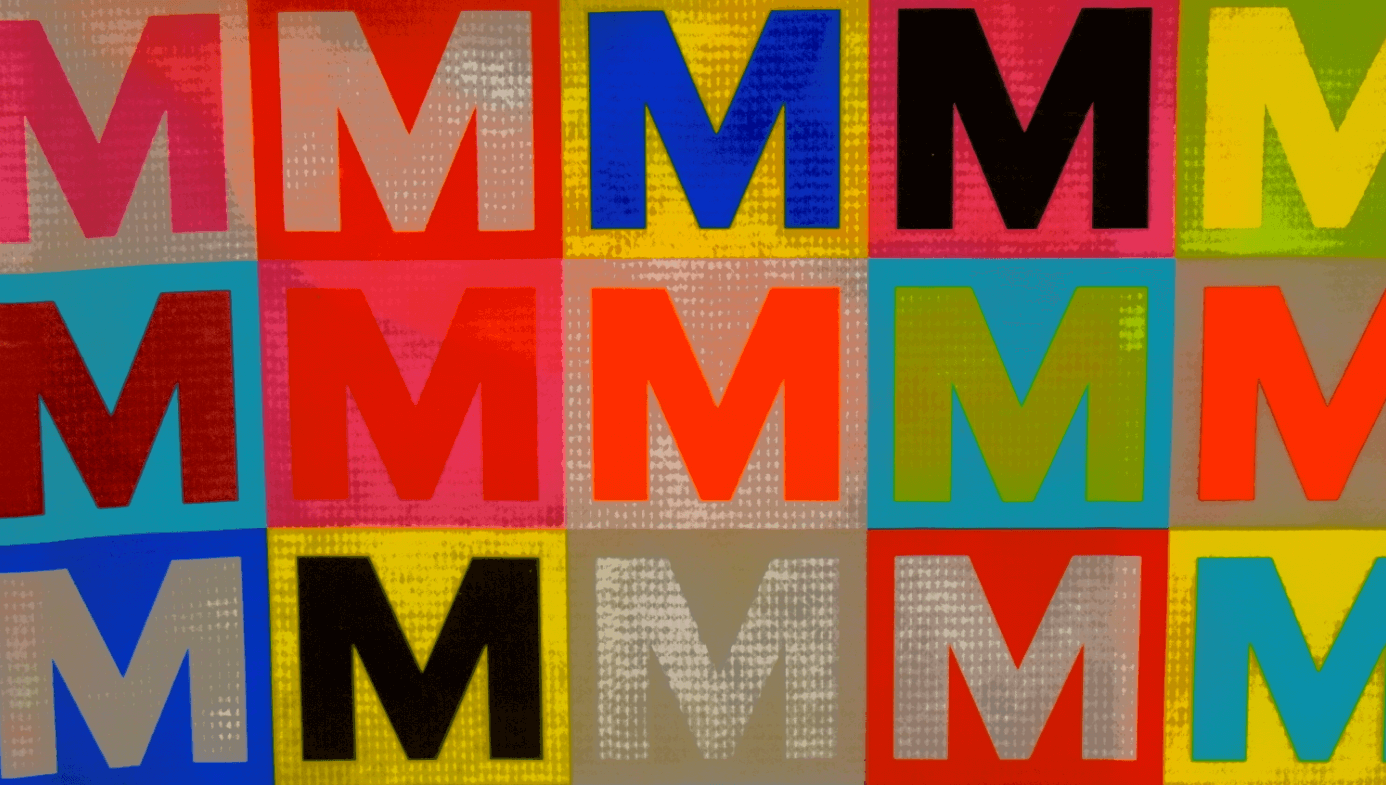How To Avoid Too Much Of A Good Thing (Newsletter 008)

The Stoics tell us to learn the difference between needs and wants. Our needs are relatively modest compared to our wants. Even for needs, though, we can run into difficulty in knowing when how much is enough.
In Moral Letter 015 On Exercise Routines, we discuss what is a healthy way to think about exercise: both its relation to mental fitness, and how much physical fitness is appropriate to pursue.

Those who know me will wonder if I never learned this lesson myself. I feel comfortable admitting that finding the right stopping point is not obvious or easy. This is because exercise is undoubtedly a good thing, bringing with it a host of benefits. But it is not always true that something good in a modest amount is better in greater amounts. There is a place where benefits cease to accrue and you start doing yourself harm instead of good.
That said, I believe we can push ourselves much harder than we think. More often the risk we face is giving up too early, not pushing ourselves too hard. I learned a lot about myself and what I can do from running. Specifically, from learning how not to quit.

If the line between healthy and unhealthy obsession is hard to identify, another way we do ourselves harm without meaning to is taking guidance from the wrong sources. Moral Letter 016 On True And False Philosophy explores some of the potential sources of false guidance.

This letter also explores how to tell the difference between true desires and false desires. This is a complementary idea to distinguishing between needs and wants, another angle from which to analyze your appetites. A key tool at your disposal is to ask whether you find your desire satisfied when you pursue a particular thing, or whether partial consumption only whets your appetite for more.
Here is something I hear people say they often feel they neither need nor want: politics. Why do our public servants, our representatives, disappoint and frustrate us in equal measures? The disfunction evident in the U.S. Congress, for example, takes your breath away.
Without taking sides, which is part of the underlying problem, I think it could be instructive to ask why politics has evolved the way it has in recent times. The first step to curing an illness is in correctly diagnosing it. And our body politic is not well. I describe some of the particular ailments afflicting Congress in an article I posted this week called Is Congress Suffering From ADHD?

Pointing out problems is relatively easy. Making concrete and good faith suggestions for improvement is harder. But it is a worthwhile effort. I have made a number of suggestions in an article I posted back in June.

Even if you don't agree with all my suggestions, I would prefer to focus on fixing what doesn't work than just complaining about it. Maybe you will have some good ideas of your own.
Be well.







Member discussion